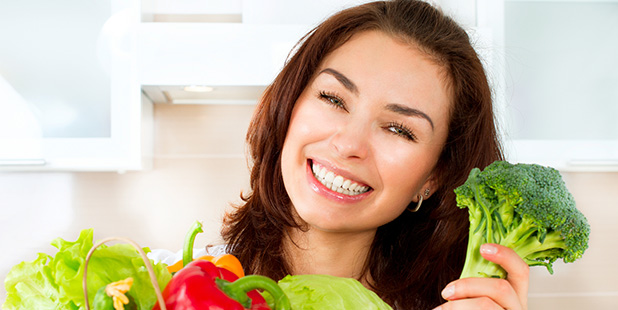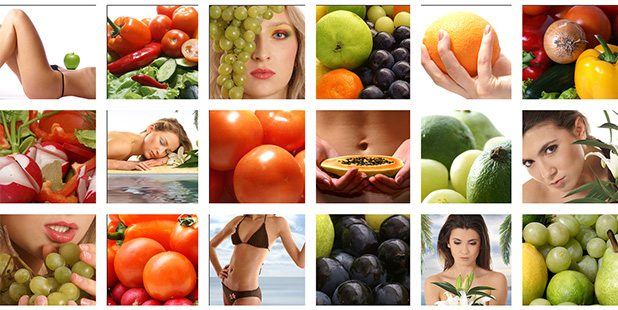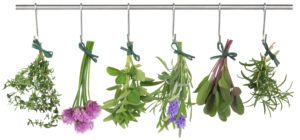You’re in for a treat today! I was extremely honored to sit down with Dr. Laurie Marbas, Dr. Michael Klaper, and Dr. Kristina Miller to talk about Plant-Based TeleHealth.
LISTEN/WATCH
Subscribe: Apple Podcast | Stitcher | Spotify | YouTube
*Links mentioned in the episode are at the bottom of this page.
Having incredibly impressive bios is one thing (which they all do), but during this episode you’ll witness for yourself the remarkable level of expertise, professionalism, passion AND compassion that make Dr. Marbas, Dr. Miller, and Dr. Klaper extraordinary telemedicine physicians who are changing and saving lives all over the world with their work.
Plant-Based Telehealth has the mission of making Plant-Based Lifestyle Medicine available to everyone who desires it. With telemedicine, Dr. Klaper, Dr. Marbas, and Dr. Miller are removing the barriers that prevent many people from accessing this type of care.
Their services are available in 47 states, and Plant-Based Telehealth is about to increase that number with the addition of 2 new doctors. These physicians work with clients around the globe as well.
If you’ve ever tried to find a plant-based doctor you probably know that it’s very difficult, if not impossible in most places.
Well look no further Empowered Vegan Lifers! You can head on over to their website, plantbasedtelehealth.com where you can schedule an appointment!
Dr. Laurie Marbas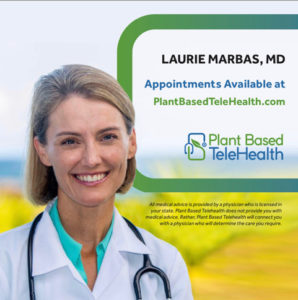
One of Dr. Marbas’s favorite mantras is, “A whole food plant based diet is often more powerful than my prescription pad.”
Dr. Marbas is a double board certified family medicine and lifestyle medicine physician, who has been utilizing food as medicine since 2012. She created a new medical model combining the power of nutrient-dense foods and intensive clinical psychological therapy to treat not only food addiction but also chronic disease.
Dr. Marbas is the Managing Editor for the Plantrician Project’s International Journal of Disease Reversal and Prevention, co-founder of Healthy Human Revolution, whose mission is to provide resources that will empower individuals with the knowledge, tools, and mindset to successfully adopt and sustain a whole food, plant-based (WFPB) diet.
In Colorado, when Laurie convinced a large hospital to create a lifestyle medicine program centered around a WFPB diet, the program showed resounding success.
Laurie received her dual degrees (MD and MBA) from Texas Tech University Health Sciences Center School of Medicine and TTU School of Business. She was awarded the Texas Tech University School of Medicine Gold Headed Cane Award, a symbol for excellence in the art of medicine and the care of patients.
She wrote seven books while in medical school, six of which were in a series called “Visual Mnemonics.” These books used cartoons to help people memorize vast amounts of information—a system that helped her personally when she was a mom attending medical school. As a United States Air Force veteran, she served in the Middle East and South America. She is also a wife, mom of three grown children, host of the Healthy Human Revolution podcast, author, speaker, and avid runner.
Dr. Michael Klaper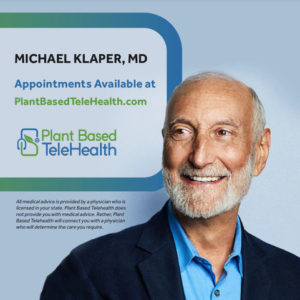
Dr. Michael Klaper says, “Proper nutrition — through a whole food, plant-based diet — and a balanced lifestyle are essential for health and, in many cases, can make the difference between healing an illness or merely treating its symptoms.”
Dr. Michael Klaper is a gifted clinician, internationally-recognized teacher, and sought-after speaker on diet and health. In addition to his clinical practice and private consultations with patients, he is a passionate and devoted educator of physicians and other healthcare professionals about the importance of nutrition in clinical practice and integrative medicine.
Dr. Klaper is the author of Vegan Nutrition; Pure & Simple and has produced numerous health videos, webinars and dozens of articles for both scientific journals and the popular press. As a source of inspiration advocating plant-based diets and the end of animal cruelty worldwide, Dr. Klaper contributed to the making of two PBS television programs, Food for Thought and the award-winning movie, Diet for a New America (based on the book of the same name). Dr. Klaper teaches that “Health Comes From Healthy Living” and he is dedicated to the healing and flourishing of all living beings and our planet.
Dr. Klaper’s definition of health: “Health is having a body that moves without pain, breathes without distress and allows us to perform the activities of life with complete presence and focused energy. Then, we can love fully and enjoy our lives to the fullest.”
Dr. Michael Klaper graduated from the University of Illinois College of Medicine in 1972. He served a medical internship at Vancouver General Hospital in British Columbia, Canada and received training in surgery, anesthesiology and orthopedics at the University of British Columbia Hospital in Vancouver. Additionally, he was trained in obstetrics at the University of California Hospital, San Francisco. Dr. Klaper is board-certified in Urgent Care Medicine.
Dr. Christina Miller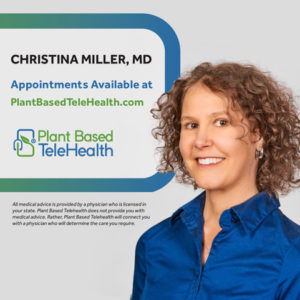
Dr. Christina Miller’s mantra is, “Together we are healthier”
Christina Miller, MD, FACEP, is double board-certified in Emergency and Integrative Medicine. She worked for ten years in the Emergency Department and served as president of Colorado ACEP (American College of Emergency Physicians), where she advocated for the care of emergency patients and physicians. Due to her own health concerns and the overwhelming amount of chronic disease she saw every day, she radically changed her practice to lifestyle medicine and health promotion. She studied nutritional science and has completed a fellowship in Integrative and Functional Medicine.
In 2013, she opened her own Lifestyle Medicine practice and founded Eat and Live Healthfully website and blog. She now focuses exclusively on nutrition and lifestyle changes to get to the root cause of disease and illness, and today helps empower people to take back their health, essentially keeping people OUT of the Emergency Department.
In 2018, Dr. Miller was medical director at Aspen Valley Hospital and created their Integrative Medicine program. She was also selected to be a member of the Pitkin County Board of Health, where she helped with policy and public health concerns. In 2019, she moved to New Hampshire, where she currently works in a local clinic seeing patients, teaching classes, giving talks, and reaching out to the community. One of her favorite mantras is, “together we are healthier”.
During this interview, these three experts and I touch on many important health-related topics, and answer some of the most pressing questions we get from you, our listeners.
Be sure to check out the Plant-Based Telehealth Website for more information on their valuable services and to book your appointment today!
MENTIONED IN THIS EPISODE
Plant-Based Telehealth Website
CONNECT WITH US!
Grab the valuable gift we have for you HERE.
Have a question you’d like us to answer, or feedback you’d like to give us (we love hearing from you!)? Leave us a voice (or written) message HERE.
Interested in receiving a free coaching session to air on an upcoming episode? Apply HERE.


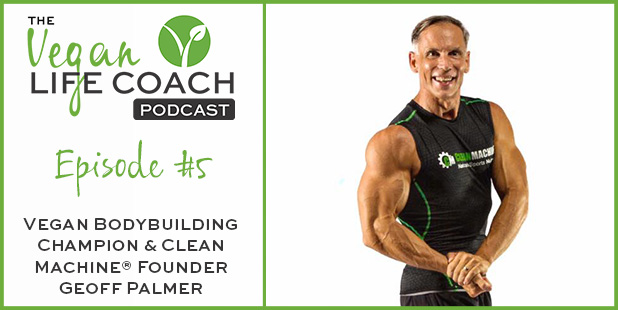

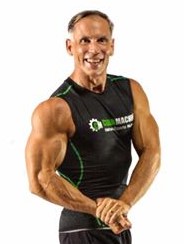 Including, how & why Geoff became a vegan 35 years ago. The life events and tremendous amount of suffering that sent him looking for change. And how from that experience, Geoff gave away his possessions, traveled to 48 countries, and the journey that led him to where he is today.
Including, how & why Geoff became a vegan 35 years ago. The life events and tremendous amount of suffering that sent him looking for change. And how from that experience, Geoff gave away his possessions, traveled to 48 countries, and the journey that led him to where he is today.
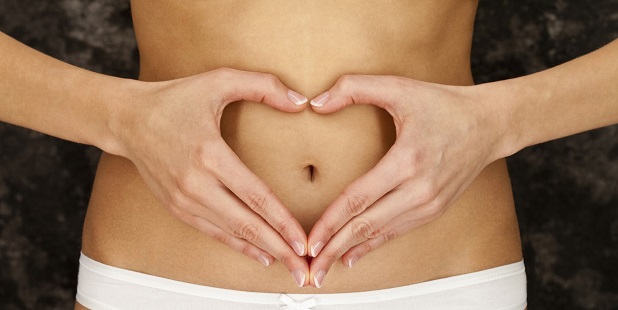
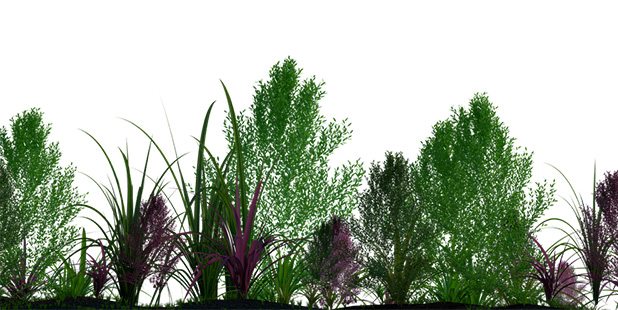
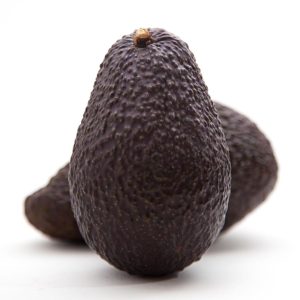
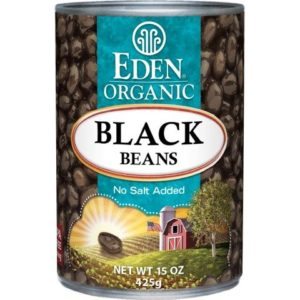
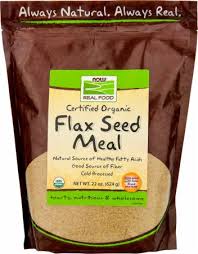

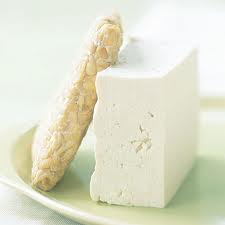
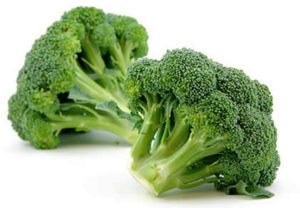
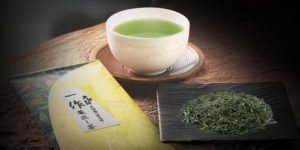
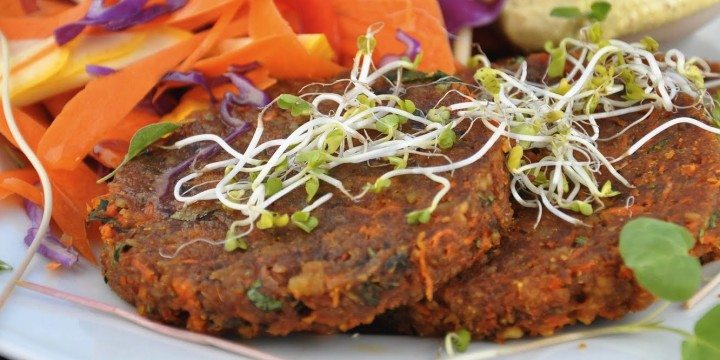
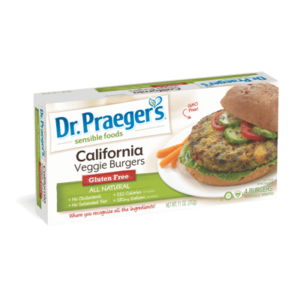
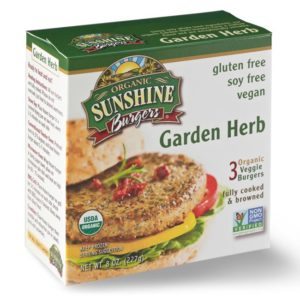


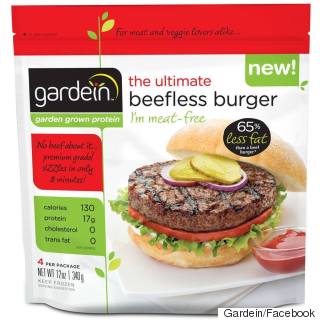
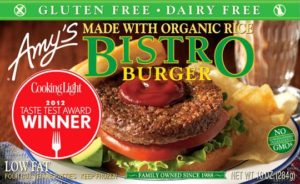

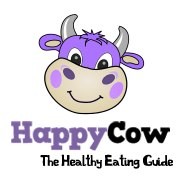
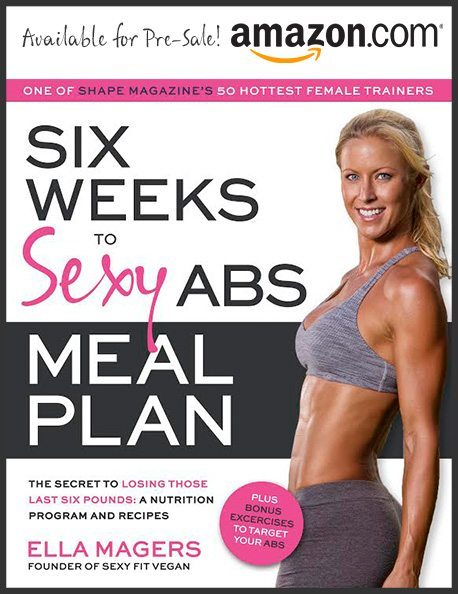
 l”. Here’s how it’s described on the website (I couldn’t describe it better if I tried!) “Each week Rich delves deep into all things wellness with some of the brightest and most forward thinking, paradigm busting minds in health, fitness, nutrition, art, entertainment, entrepreneurship & spirituality. Intimate, deep and often intense, these are not interviews. They are conversations. A weekly aural dance designed to provoke, educate, inspire and empower you to discover, uncover, unlock and unleash your best, most authentic self.” He also has an app that makes it easier to listen to all the podcasts he’s ever done.
l”. Here’s how it’s described on the website (I couldn’t describe it better if I tried!) “Each week Rich delves deep into all things wellness with some of the brightest and most forward thinking, paradigm busting minds in health, fitness, nutrition, art, entertainment, entrepreneurship & spirituality. Intimate, deep and often intense, these are not interviews. They are conversations. A weekly aural dance designed to provoke, educate, inspire and empower you to discover, uncover, unlock and unleash your best, most authentic self.” He also has an app that makes it easier to listen to all the podcasts he’s ever done.